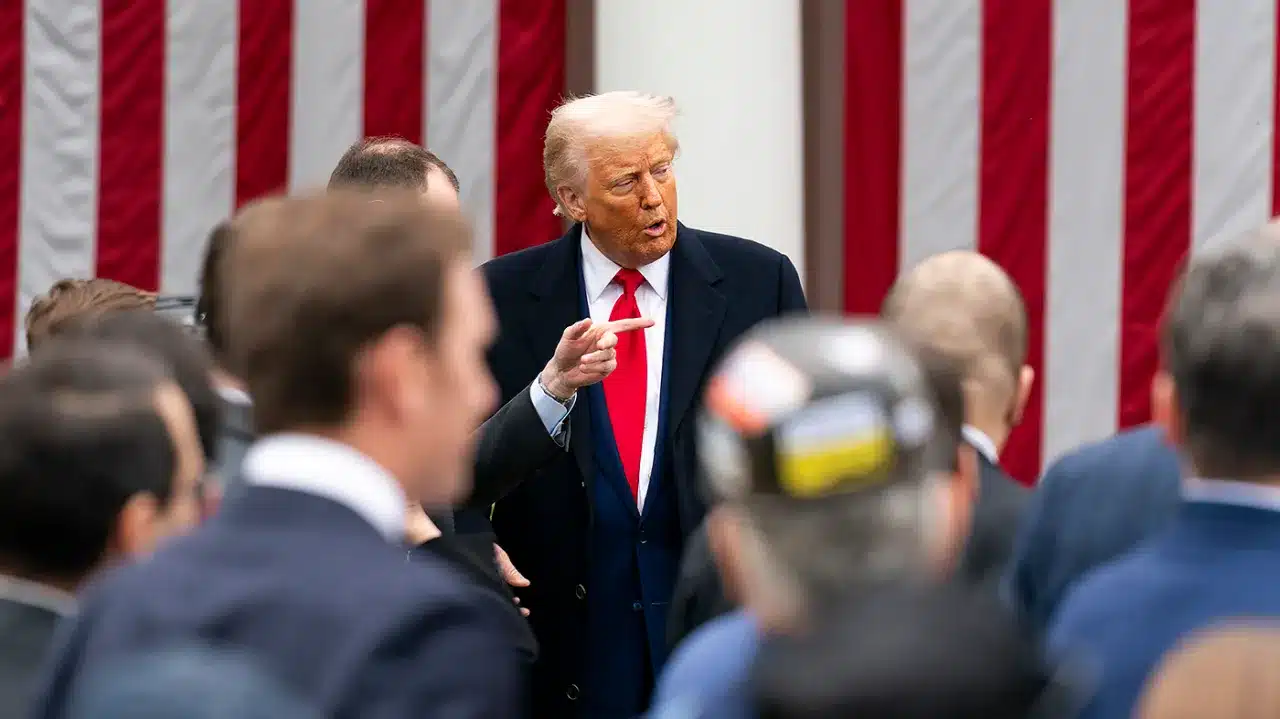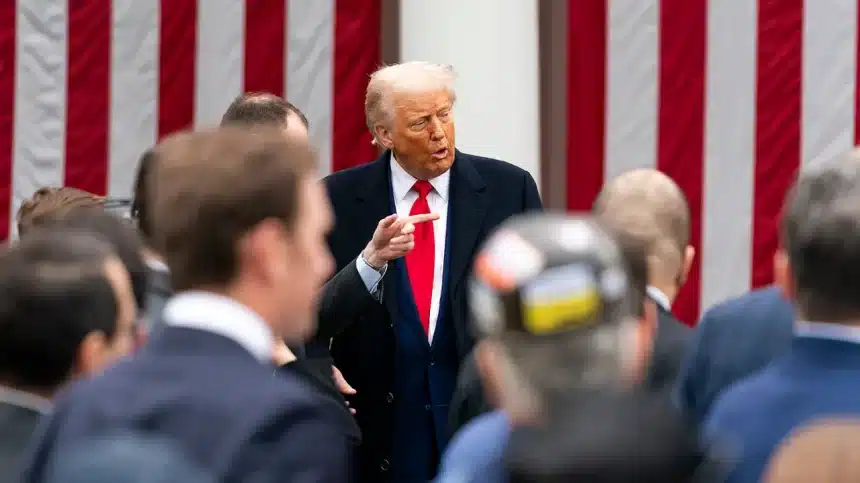A federal appeals court late Thursday paused a lower-court ruling that had struck down President Donald Trump’s sweeping “Liberation Day” tariffs, giving the administration until 9 June to defend the duties in writing. During that window, customs officers will once again collect surcharges on a wide range of Chinese, Mexican and Canadian imports.
June 9 filings could shift the landscape
Both the Justice Department and a coalition of importers must submit briefs by the deadline. Judges will then decide whether to let the tariffs stand through a full appeal or re-impose the injunction. Legal experts note that the bench has previously shown sympathy toward executive trade powers, yet the underlying case argues the Emergency Economic Powers Act cannot override Congress’s authority on tariffs.

Apple faces a nine-figure hit
Apple stands out among potential losers. The company warned investors last month that reinstated duties could shave US $900 million off its June-quarter profit and force higher global prices for the upcoming iPhone 17. Even a short-term return of the levies complicates supply-chain planning, because Apple sources components from every major tariff-targeted region.
More tariff threats loom
Beyond the revived charges, the White House is still weighing separate duties on all semiconductor-bearing imports and on foreign-made smartphones—moves that could bite even harder. If those probes conclude before courts settle the “Liberation Day” fight, Apple and its peers might face multiple cost spikes at once.
Why this matters now
The stay arrives just as Apple gears up for its annual Worldwide Developers Conference, where pricing stability usually underpins product buzz. Meanwhile, small U.S. retailers worry that yo-yoing rules will trap inventory at ports. Until judges rule again, businesses large and small must navigate a trade policy that can change with a single court order—adding fresh volatility to an already uncertain summer.












